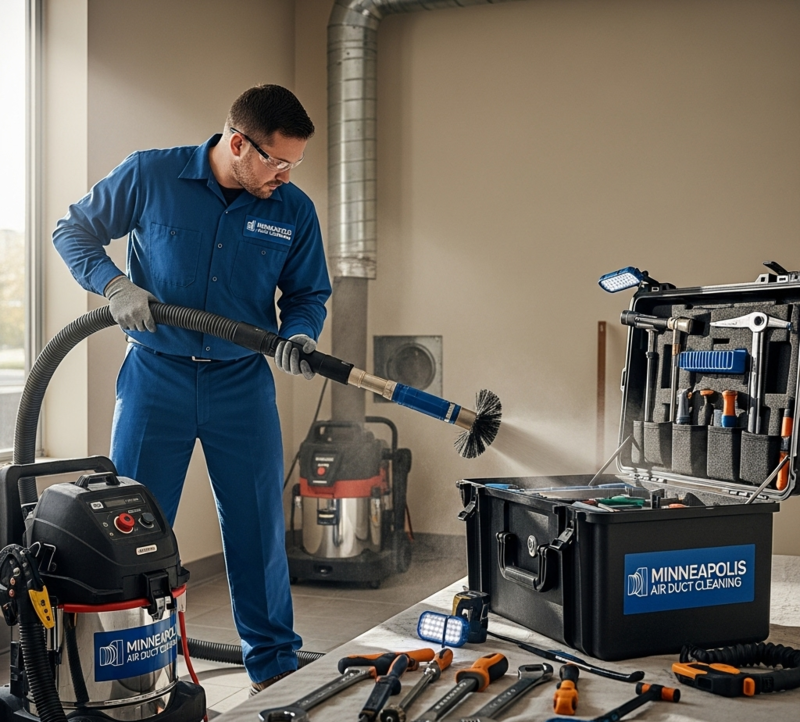Flooring Dubai A Complete Guide to Modern, Durable, and Stylish Options
5
0
·
2025/08/21
·
5 mins read
☕
WriterShelf™ is a unique multiple pen name blogging and forum platform. Protect relationships and your privacy. Take your writing in new directions. ** Join WriterShelf**
WriterShelf™ is an open writing platform. The views, information and opinions in this article are those of the author.
Article info
Tags:
Total: 1060 words
Like
or Dislike
More to explore










Dubai, known for its architectural marvels, luxury living, and innovation, has a unique environment that demands a thoughtful approach to interior design—especially when it comes to flooring. Choosing the right flooring dubai isn’t just about looks; it’s about durability, heat resistance, humidity tolerance, and comfort.
This guide explores the best flooring options in Dubai, their benefits, and the trends that are shaping modern interiors across homes, offices, and commercial spaces.
Why Flooring Matters in Dubai
The climate in Dubai is hot and dry for most of the year, with temperatures soaring above 40°C in summer. Sand, dust, and high foot traffic are common challenges. Hence, flooring should be:
Heat-resistant
Easy to clean
Durable under pressure
Moisture-resistant (especially in bathrooms and kitchens)
Stylish and contemporary
Popular Flooring Options in Dubai

Porcelain and Ceramic TilesThese tiles are a staple in Dubai homes due to their strength, moisture resistance, and wide range of styles. They keep floors cool, making them ideal for the desert heat. Porcelain tiles, in particular, are denser and more durable, offering a premium look with minimal maintenance.
Available in matte, glossy, or stone-like textures, tiles work well in living rooms, kitchens, and bathrooms.
Pros:
Affordable
Long-lasting
Scratch and stain resistant
Cons:
-
-
Marble and Natural StoneCan be cold underfoot without rugs
Hard surface may not be ideal for children or the elderly
Natural stone floors like marble, granite, and travertine are synonymous with luxury in Dubai. They’re perfect for grand villas and high-end apartments.
Marble, with its rich veining and polished finish, adds elegance. Granite is harder and suitable for both indoor and outdoor use.
Pros:
Visually stunning
Naturally cool
Boosts property value
Cons:
-
-
Luxury Vinyl Flooring (LVT)Expensive
Requires sealing and maintenance
Vinyl flooring is gaining popularity in Dubai for combining aesthetics with practicality. LVT mimics the appearance of wood or stone but is waterproof, soft underfoot, and budget-friendly.
Ideal for apartments, retail outlets, and even bathrooms, LVT is quick to install and suitable for tenants or those seeking stylish but low-maintenance floors.
Pros:
Water-resistant
Easy to install and replace
Comfortable to walk on
Cons:
-
-
Engineered Wood and ParquetNot as durable as tile or stone
Can dent under heavy furniture
Engineered wood gives you the warmth and look of hardwood while being more stable in Dubai’s climate. It doesn’t expand or contract as much as solid wood, making it better suited for air-conditioned interiors.
Parquet flooring, especially in herringbone or chevron designs, adds sophistication to bedrooms, dining rooms, and lounges.
Pros:
Elegant and warm aesthetic
Better suited to Dubai’s conditions than solid wood
Adds value to interiors
Cons:
-
-
SPC and Laminate FlooringSensitive to water spills
Requires some maintenance
Stone Plastic Composite (SPC) flooring is highly durable, waterproof, and perfect for areas with heavy traffic like offices or restaurants. Laminate flooring offers a similar look at a more affordable price, though it’s not as moisture-resistant.
Both are ideal for quick renovations and modern interiors.
Pros:
Affordable and stylish
Resistant to wear and tear
Easy to clean
Cons:
-
-
Polished Concrete and MicrocementSPC is more expensive than laminate
Laminate can swell with water exposure
These modern, industrial-style floors are becoming trendy in contemporary homes and commercial spaces. Polished concrete offers durability, a smooth finish, and a unique minimalistic look.
Microcement, a newer option, allows for seamless surfaces and works on walls and counters too.
Pros:
Ultra-durable
Seamless and modern
Low maintenance
Cons:
-
-
Carpet and Area RugsRequires professional installation
Can feel cold or hard without rugs
While full wall-to-wall carpeting is rare due to the heat, carpets and rugs still play a key role in design. They’re often used in bedrooms or lounges to add comfort and warmth over tiles or wood floors.
Modern synthetic carpets are designed to resist dust and fading.
Pros:
Adds coziness
Reduces noise
Stylish with many options
Cons:
-
-
Eco-Friendly FlooringNeeds regular vacuuming
Not ideal for sandy environments
With growing awareness around sustainability, many homeowners in Dubai are exploring eco-friendly options such as bamboo, cork, or reclaimed wood.
These materials are not only environmentally responsible but also trendy and versatile.
Pros:
Sustainable and renewable
Stylish and unique textures
Comfortable underfoot
Cons:
May require special care
Limited availability
Latest Flooring Trends in Dubai
Warm neutrals: Earthy tones like beige, sand, and light oak are replacing greys.
Wide planks: Especially in engineered wood and LVT, offering a spacious look.
Textured finishes: Natural stone textures and wood grains are in demand.
Patterns: Herringbone, chevron, and Moroccan-inspired tile designs are trending.
Matte finishes: Sleek yet understated for modern luxury homes.
Tips for Choosing the Right Flooring
For apartments: Consider LVT, SPC, or engineered wood for comfort and easy maintenance.
For villas: Go bold with marble or natural stone; use rugs for softness.
For offices or retail: Opt for durable options like SPC or ceramic tiles.
For bathrooms/kitchens: Water-resistant choices like tiles, vinyl, or microcement are best.
Always consider foot traffic, room function, and your interior style when making a decision.
Conclusion
Flooring is one of the most important design elements in any space, especially in a city like Dubai where style and performance must go hand in hand. Whether you’re renovating your home, designing a new office, or simply upgrading a single room, the right flooring can transform the space entirely.
From luxurious marble to practical vinyl, from rustic engineered wood to industrial concrete—the options are vast. Choose based on your budget, lifestyle, and long-term maintenance preferences, and you’ll enjoy both beauty and durability beneath your feet.
FAQs About Flooring in Dubai
1. What is the best flooring for hot climates like Dubai?
Porcelain tiles and natural stone are best for high heat. They remain cool and are easy to clean.
2. Is wood flooring a good choice in Dubai?
Engineered wood is a better alternative to solid hardwood due to its stability in humid, air-conditioned environments.
3. What is the most cost-effective flooring option?
Vinyl and laminate flooring are affordable, easy to install, and visually appealing.
4. How do I maintain marble or stone floors?
Regular cleaning with a pH-neutral cleaner and periodic sealing will keep marble and stone looking fresh.
5. Are carpets practical in Dubai?
Rugs and carpets are fine for low-traffic areas, but they need regular vacuuming due to dust and sand.
6. Can I install flooring myself?
Some flooring types like vinyl planks or laminate are DIY-friendly. However, for tiles, stone, or microcement, professional installation is recommended.